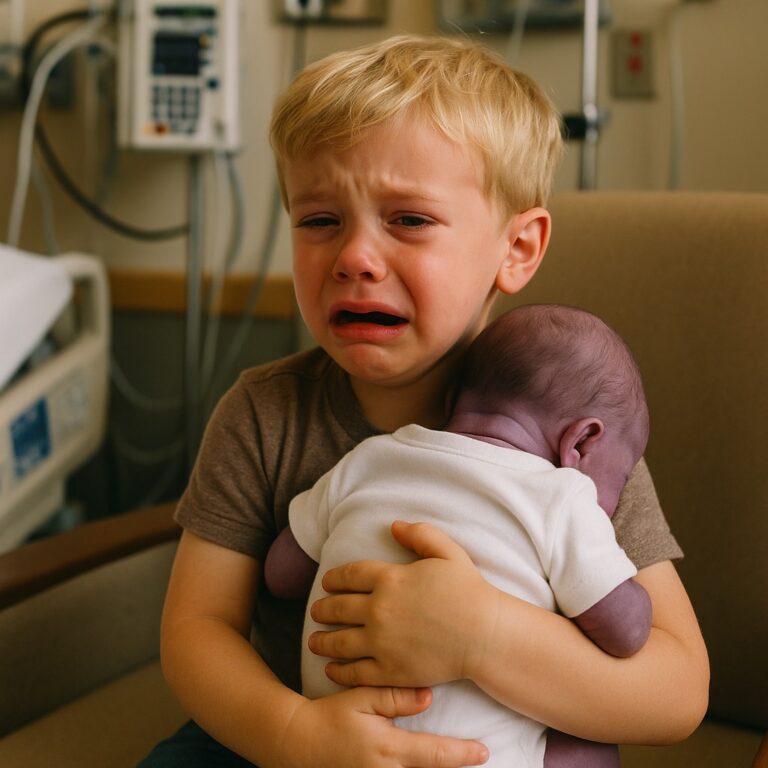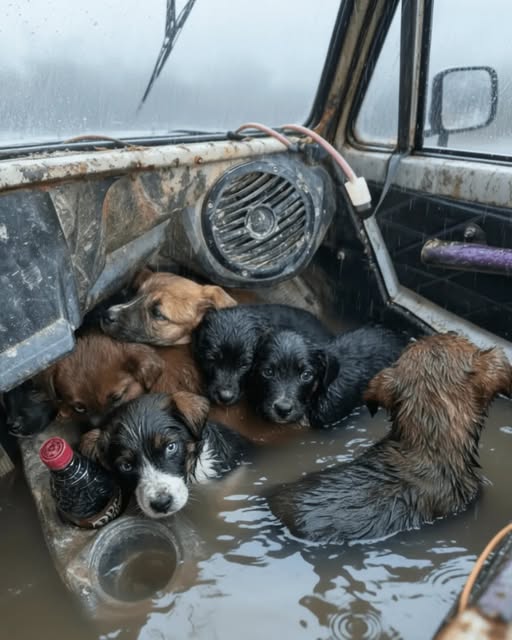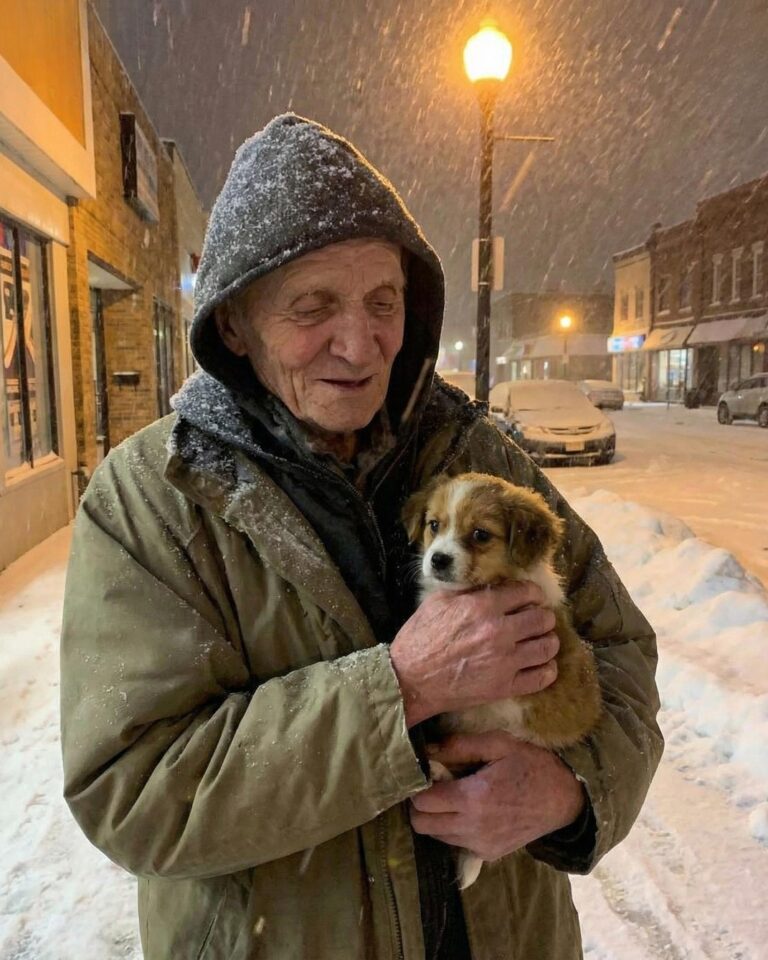Last month, she died.
The police knocked on my door, telling me I should go up to her flat with them.
As I entered, I got chills: I found my entire childhood art portfolio spread across her living room floor.
The police knocked on my door, telling me I should go up to her flat with them.
As I entered, I got chills: I found my entire childhood art portfolio spread across her living room floor.
“She left a letter for you,” he said, handing me a pale blue envelope.
Inside was a handwritten note in neat, looping script. The kind old ladies use to label tins of cookies and handwritten recipes.
Dear Samuel,
You don’t know me, but I’ve known you for a long time. I owe you more than I ever said out loud. You once saved me, without realizing it.
I’ve left you something. Please be kind to it. And if you ever need peace, remember that kindness echoes.
—Amala N.
I reread the letter about five times. My hands felt cold. I looked around again, trying to piece together the connection.I didn’t remember ever speaking to her.
She’d lived in that corner unit forever, tucked behind her thick beige curtains, barely opening the door even for deliveries. Sometimes I saw her shuffling down the hallway to check her mail, wrapped in a long sweater, with cloud-white hair twisted into a bun. But we never spoke beyond polite nods.
Still, she had somehow gotten ahold of drawings I made when I was eleven.
Discover more
Family games
The police let me stay behind while they wrapped up. I wandered around the apartment in a daze. Every surface was dusted and clean. Dozens of old books were stacked neatly on her shelves—classic literature, journals, history. But the room that truly stopped me was the back bedroom.
It looked like a small gallery. The walls were lined with framed drawings—mine.
Not just the ones from school, but ones I didn’t even remember making. A sketch of my dad pushing me on a swing. A tiny pencil rendering of a cat I had for one summer. A sad drawing I made the day my mom lost her job—just dark scribbles, really.
Discover more
Family games
All framed. All dated. All signed in my small, awkward handwriting: Sam Y.
She’d kept them all.
I sat down on the edge of her bed, stunned.
Discover more
Family games
How did she even get these?
And why?
The answer came slowly, over the next few weeks, like a story unraveling thread by thread.
Discover more
Family games
Her lawyer called and told me she’d left me something in her will: the apartment.
I nearly dropped the phone.
“Is this a mistake?” I asked.
Discover more
Family games
“No mistake,” he replied. “Ms. Amala Natarajan specifically named you. She had no surviving family.”
My rent-controlled one-bedroom was already costing more than I liked. And this was an owned unit—fully paid off. No mortgage. I was still processing when the lawyer added, “She also left you a storage unit key. You might find more answers there.”
I went the next day.
Inside the storage unit were three large boxes labeled “SY-2007,” “SY-2009,” and “SY-Misc.”
They were full of my childhood life—old school assignments, birthday cards I’d written to my parents, photos of me on the playground, report cards.
Stuff that no one should’ve had.
I drove straight to my parents’ place in Queens.
My mom looked at the photos, her face pale. “Where did you get these?”
“You tell me,” I said. “Do you know her? Amala Natarajan?”
She sat down slowly. My dad looked confused too, standing in the doorway.
Then she spoke.
“She used to live next door to us. Years ago. In the same building. Before we moved.”
I nodded. “I remember. She was always quiet.”
Mom rubbed her forehead. “You don’t remember that summer when you used to slip her drawings under her door?”
I blinked.
“No.”
“You were eleven,” she said. “You had a rough year. Your father and I were fighting a lot. I’d lost my job. You barely spoke to anyone. But you started leaving her your sketches. Every week. Sometimes with little notes. You told her about your day. Said you hoped she was having a good one.”
Still nothing.
“But why?” I asked.
“You said she looked sad. Said maybe pictures would help.”
She took my hand. “You stopped after a while. But she never did. I caught her once, coming down the hall with a small envelope. She’d drawn a little cat on it. Left it at your door. You were asleep.”
“So she did write back?”
“She tried. But I think she was afraid. Of getting attached. Of being noticed.”
That night, I sat in the apartment she left me, piecing it all together.
An old woman who’d lived in silence for decades. A quiet boy dropping off drawings. Two lonely people, separated by years and walls, quietly keeping each other afloat.
I started digging deeper into her past.
Through building gossip, some newspaper clippings, and an old blog from a retired social worker, I learned Amala had once been a primary school art teacher. Loved by kids. Lively. Then, in her mid-40s, her husband died in a car accident. No children. No siblings. Something cracked in her.
She stopped teaching. Moved to the city. Became a ghost in her own building.
Until a kid started slipping drawings under her door.
I found the little cat envelope one evening, tucked behind a shelf in her living room. Inside was a watercolor of a sunrise. On the back: Thank you for the sunshine, Sam.
I cried like a baby.
I renovated the apartment but kept that back bedroom mostly the same. Turned it into a quiet studio space. Hung my own new paintings next to the ones she saved.
Somehow, it brought me back to life too.
I’d stopped painting in college. Chased jobs that made money instead of meaning. But something about Amala’s quiet devotion unlocked a part of me I thought was dead.
Six months later, I hosted a small exhibit at a community center downtown. Called it “Echoes of Kindness.” Half the sketches were mine. The other half were children’s art I’d collected from a nearby after-school program.
I told Amala’s story—anonymously, respectfully. People cried. Donated. We raised enough to start a scholarship fund for kids in the building who wanted to study art.
And here’s the twist.
A woman approached me after that show. Said she was Amala’s former student—now a retired art therapist. She’d recognized Amala’s style from the sunrise painting.
“I thought she was gone,” she said. “She was my favorite teacher. Saved me when I was in a dark place.”
We hugged. She offered to volunteer at the art program. Said it felt like “closing a circle.”
And maybe that’s what this all was.
A quiet woman who faded from the world. A lonely kid who drew cats and clouds. Two lives that brushed for a moment, and kept each other going.
I never got to say thank you to her face. But I think she knew.
Here’s what I’ve learned: small kindnesses matter. Even the ones you think disappear into the void.
A drawing under a door. A smile at a stranger. A note that says “you matter.”
They echo.
They stay.
If this story touched you, share it. You never know who needs a little sunlight today.





